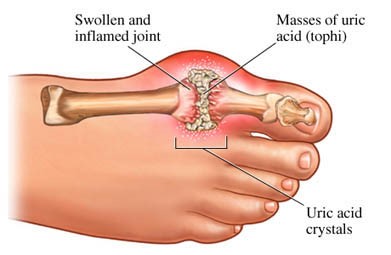In the realm of holistic health and wellness, ancient practices continue to offer profound insights and benefits for modern living. Among these time-honored traditions, Jal Neti stands out as a powerful technique for nasal cleansing and overall vitality. Rooted in the wisdom of Ayurveda and yoga, Jal Neti holds the potential to rejuvenate the mind, body, and spirit through the gentle purification of the nasal passages.
Understanding Jal Neti:
Jal Neti, derived from Sanskrit where "Jal" means water and "Neti" means cleansing, is a practice that involves the use of a specially designed neti pot filled with lukewarm saline water. The practitioner tilts their head to the side and inserts the spout of the neti pot into one nostril, allowing the water to flow through the nasal passages and exit through the other nostril. This process is then repeated on the opposite side, effectively flushing out impurities, allergens, and excess mucus from the nasal cavity.
The Benefits of Jal Neti:
1. Sinus and Allergy Relief:
Jal Neti provides natural relief for sinus congestion, seasonal allergies, and respiratory ailments by clearing the nasal passages and reducing inflammation. The gentle flow of saline water helps to remove irritants and allergens, promoting clearer breathing and alleviating discomfort.
2. Improved Respiratory Health:
By promoting proper nasal breathing and enhancing lung function, Jal Neti supports optimal respiratory health. Clearing the nasal passages allows for more efficient air exchange, reducing the risk of respiratory infections and improving oxygenation throughout the body.
3. Enhanced Mental Clarity:
The cleansing action of Jal Neti extends beyond the physical realm to the mental and emotional spheres. Many practitioners report experiencing increased mental clarity, focus, and concentration following regular practice. Clearing the nasal passages helps to alleviate brain fog and promote a sense of alertness and well-being.
4. Stress Reduction and Relaxation:
Jal Neti serves as a calming and grounding practice that can help alleviate stress and tension stored in the nasal passages and respiratory system. The rhythmic flow of warm water induces a sense of relaxation, promoting a state of inner tranquility and balance.
5. Enhanced Immune Function:
By eliminating toxins, bacteria, and pollutants from the nasal passages, Jal Neti supports the body's natural immune defenses. A clean and clear nasal cavity reduces the likelihood of infections and strengthens the body's ability to ward off illness and disease.
6. Support for Yogic Practices:
Jal Neti is often incorporated as a preparatory practice for pranayama (breathing exercises) and meditation in the yogic tradition. Clearing the nasal passages helps to optimize the flow of prana (life force energy) and facilitates deeper states of meditation and spiritual awareness.
Conclusion:
In conclusion, Jal Neti stands as a testament to the profound wisdom of ancient healing traditions. Through its simple yet transformative practice of nasal cleansing, Jal Neti offers a myriad of benefits for physical, mental, and spiritual well-being. As we embrace the holistic principles of Ayurveda and yoga, integrating practices like Jal Neti into our daily routines can help us cultivate greater health, vitality, and harmony within ourselves and the world around us.
Embrace the cleansing power of Jal Neti and embark on a journey of holistic wellness, one breath at a time.











